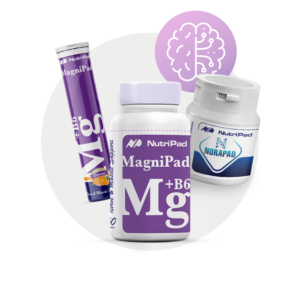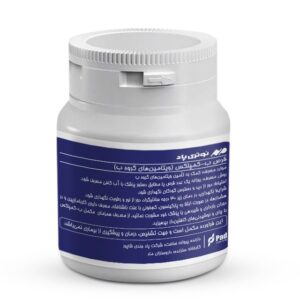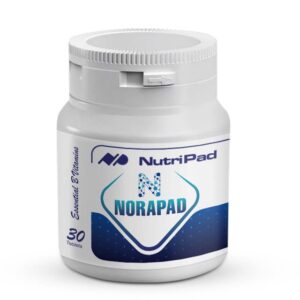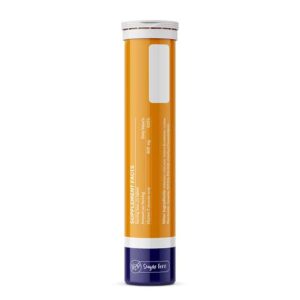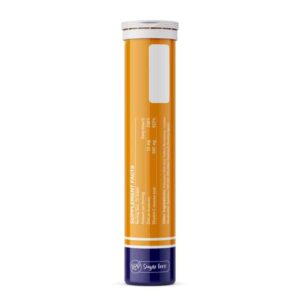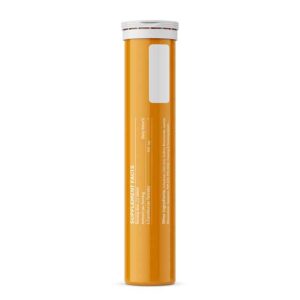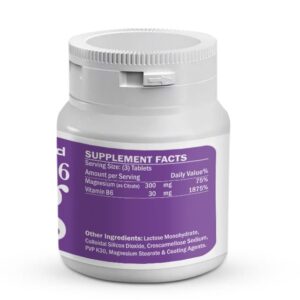L arginine
L-arginine is an amino acid and is necessary for the production of proteins in the body. Red meat, poultry, fish and dairy products are food sources of L-arginine. L-arginine is also made synthetically and used as a drug or supplement.
In the body, L-arginine is converted into a chemical called nitric oxide. Nitric oxide dilates blood vessels and improves blood flow. L-arginine also causes the release of growth hormone, insulin and some other substances in the body.
L-arginine is used in the treatment of erectile dysfunction (ED), angina pectoris (chest pain due to coronary artery disease), peripheral artery disease (narrowing of blood vessels that causes poor blood flow to the extremities), hypertension, pre-eclampsia (characterized by high blood pressure and presence of protein in the urine during pregnancy), necrotizing enterocolitis or NEC (intestinal disease in premature infants).
L-arginine may be helpful in other conditions, such as: male infertility, improving athletic performance, improving diabetes control, migraine, obesity and reducing waist circumference (especially in women), improving baby weight gain when used during pregnancy, improvement of physical function in the elderly, polycystic ovary syndrome (PCO), children’s growth, bedsores, prevention of colds and finally skin inflammations caused by radiation therapy.

Some important questions about L-Arginine:
– Question: Does taking L-arginine cause adverse effects?
Answer: Taking oral arginine in the recommended doses is safe and usually does not cause adverse effects. Bloating and abdominal pain, diarrhea, allergic reactions, exacerbation of asthma and gout, and low blood pressure are among the side effects that a few people who use arginine may experience.
– Question: Is there any interaction between L-arginine and other drugs?
Answer: L-arginine increases the effect of a class of cardiac drugs known as “nitrates” and at the same time, side effects of this class of drugs such as headache or lightheadedness may increase. On the other hand, this interaction may be useful in patients who have developed resistance to the effect of these drugs or the so-called tolerance to the therapeutic effect of nitrates.
Question: Is it safe to take L-arginine oral tablets during pregnancy and breastfeeding?
– Answer: Yes. It is safe to use L-Arginine in short-term during pregnancy and breastfeeding. The safety of long-term use during pregnancy has not yet been proven and it is better to be cautious.






